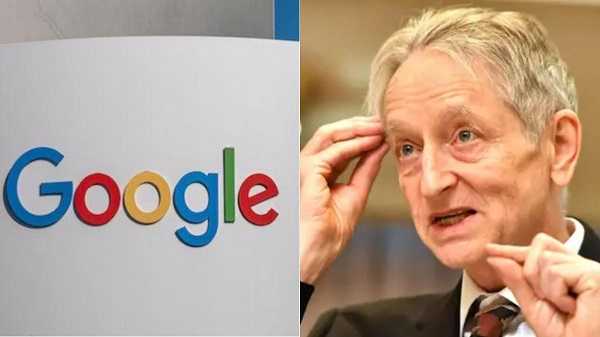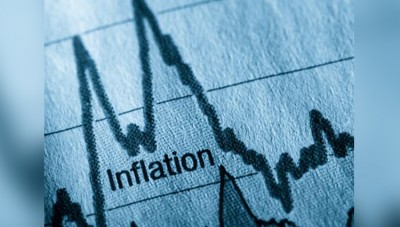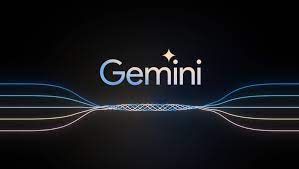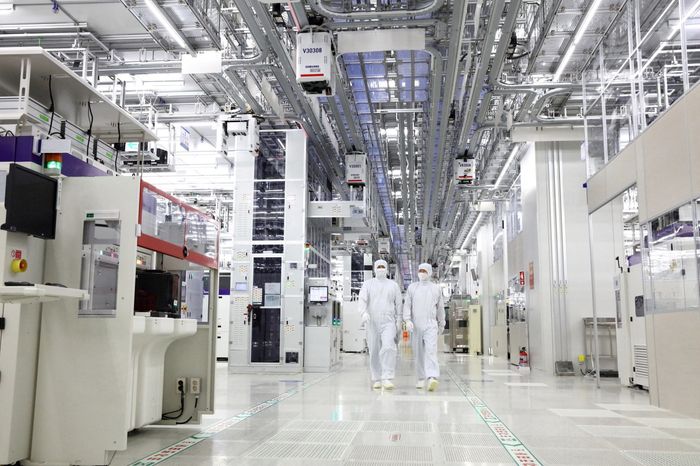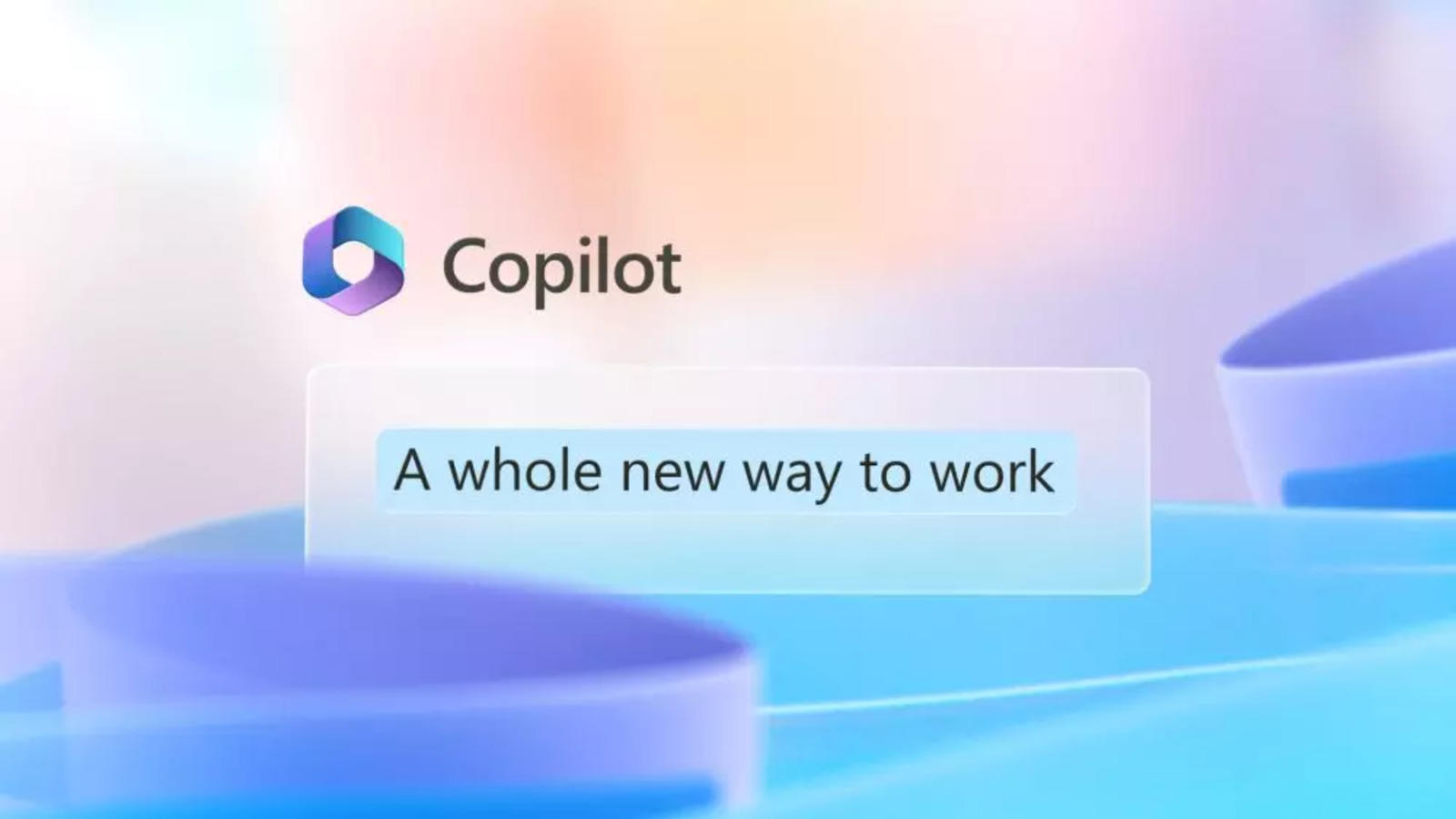Geoffrey Hinton, ‘the Godfather of AI’ received his Ph.D. in artificial intelligence 45 years ago and has remained one of the most reverential voices in this field.
For the past decade, Hinton worked at Google, between the company’s Silicon Valley headquarters and Toronto. But he has quit Google, and he told the New York Times that he will be warning society about the potential threat of Artificial Intelligence, which he said is coming sooner than he previously thought.
Hinton said, “I thought it was 30 to 50 years or even longer away. Obviously, I no longer think that.”
Hinton was named a 2018 Turing Award winner for conceptual and engineering breakthroughs, said he now has some regrets over his life’s work. He cited the near-term risks of AI taking jobs, and the proliferation of fake photos, videos, and text that appear real to the average person.
Hinton said, “I now think the digital intelligences we are creating are very different from biological intelligences.”
Hinton referenced the power of GPT-4 from the startup OpenAI.
Hinton said, “If I have 1,000 digital agents who are all exact clones with identical weights, whenever one agent learns how to do something, all of them immediately know it because they share weights. Biological agents cannot do this, so collections of identical digital agents can acquire hugely more knowledge than any individual biological agent. That is why GPT-4 knows hugely more than any one person.”
Hinton sounded the alarm even before quitting Google.
Over the past year, Hinton has declined his work time at Google. In March 2022, he was working 20% full-time. Later in the year, he was given a role in a new team within Brain Research. His latest role was vice president and engineering fellow, reporting to Jeff Dean within Google Brain.
Dean appreciated Hinton for his decade of contributions at Google.
Dean wrote, “I’ll miss him, and I wish him well! As one of the first companies to publish AI Principles, we remain committed to a responsible approach to AI. We’re continually learning to understand emerging risks while also innovating boldly.”
According to the New York Times, Hinton said he left his job at Google so that he could freely talk about the threats of AI. He told the Times, “I console myself with the normal excuse: If I hadn’t done it, somebody else would have.”
Hinton tweeted, “I left so that I could talk about the dangers of AI without considering how this affects Google. Google has acted very responsibly.”

